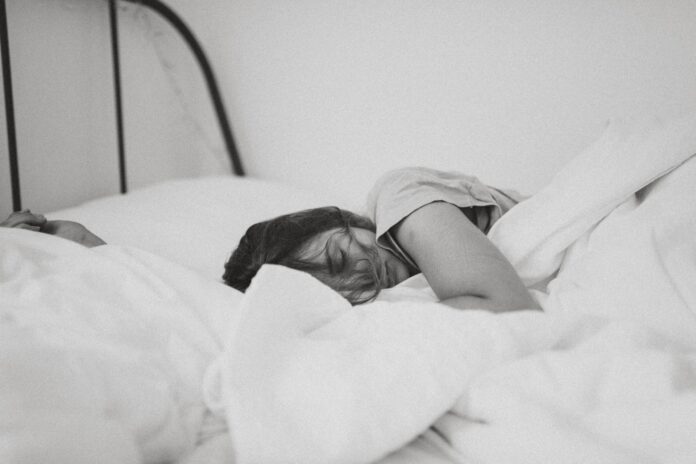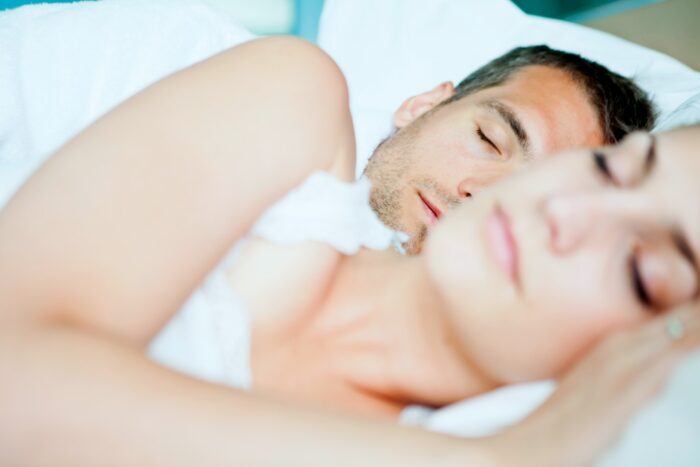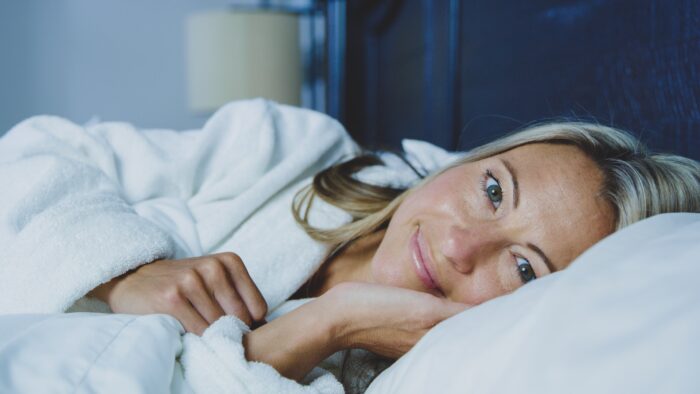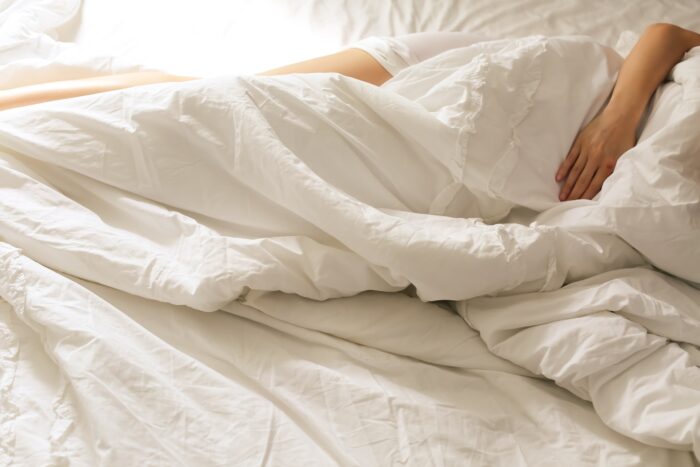
Quality sleep is essential for human health and state of mind. Good sleep strengthens the body and prepares us for all the challenges that lie ahead of us from day today. However, although it is imperative to get some sleep, the latest research shows that sleep quality is just as important as quantity. In other words, it also matters how we sleep, not just how much we sleep. Visit BetterTools for an informative guide to sleeping better.
The first question that needs to be answered is, how optimal is a non-disabled person’s sleeping time, and can it be determined without exception?
Although the ever-increasing pace of life leads people to believe that even five to six hours of sleep during the night can provide them with enough rest, new data show that even seven hours of sleep, in the long run, takes a toll when it comes to our general health.
For most of us, eight hours of sleep is the optimal time, and without that, the organism, according to experts, suffers the consequences after a specific time.
Lack of sleep can lead to accelerated arteriosclerosis, increased secretion of the hormone leptin, increased appetite, and obesity, increased blood pressure, anxiety, and diabetes. However, sleeping longer than the optimal eight to nine hours can also cause illness. However, drowsiness and prolonged sleep do not directly affect the onset of the disease. It is only an indicator of risk that can be reduced by changing lifestyles. If you want to find out more about this topic, check mattress-review.org.
1. Make a sleeping routine, even on weekends

When sleeping, it’s essential to try to establish order and stick to it, whether it’s a weekday or a weekend. Research has shown that going to bed later on the weekend and waking up then can increase the risk of heart disease.
Moreover, scientists have determined the risk – every hour of going to bed later than “normal” that risk increases by 11 percent, so for Summer months when it’s lighter later in the evening, you may want to buy blackout blinds from DotcomBlinds, to help keep your schedule in order. New research has confirmed many previous studies on the subject and has shown something else – if you go to bed late, longer sleep does not affect making you feel less tired the next day.
2. Before going to bed, stay away from the blue light screen
Screens on TVs, computers, mobile phones, and similar devices, lower melatonin levels and thus interfere with sleep. The blue light they emit interferes with that hormone’s production, which the body naturally begins to produce in the evening, as darkness descends.
Melatonin levels begin to rise as the evening progresses and remain high for most of the night and fall in the early morning hours, with sunrise. If its amounts are disturbed, severe disorders can occur.
It means that it would be advisable to take the TV out of the bedroom and not look at the screen for at least 3 hours before going to bed. You can also use smoke lights in the house to make it more pleasing to the eye. It is how we help the body naturally produce melatonin. Get away from phones, TVs, and computers to allow for the natural release of melatonin, a sleep-boosting hormone (read more on MidNite). Instead of these activities, spend quality time with family, rest, and relax. Artificial light sources disrupt our natural body rhythm and prevent us from falling asleep and resting well.
3. Keep it colder in the bedroom

Many people overheat the bedroom and may have trouble sleeping. The optimum temperature is around 18.5 ° C, he says. Namely, the brain and body need a lower temperature than usual to fall into quality sleep. That is why the scientist claims, it is always easier to fall asleep in a room where it is freezing than in one where it is too hot for us. As we age, sleep becomes more critical, but night sweats and stress can disrupt sleep quality. The room in which you sleep should not exceed 20 ° C. Wear comfortable clothes, enjoy a comfortable bed and pillows. To relax before bed, you can take an extra amount of magnesium to relax your muscles, chamomile, or lavender teas, which will also help you sleep better.
4. Avoid alcohol and caffeine before bed
People thought that alcohol helps them fall asleep, and that is not true at all. Moreover, alcohol can reduce the quality of sleep during the night, so that you will spend less time in quality deep sleep, which invigorates us, and more time in the less relaxed phase of sleep, the study showed.
A little bit of wine can help you fall asleep faster, but it can impair sleep quality. And when it comes to caffeine, it will keep you awake, so it is better to avoid it in the afternoon.
People who have eliminated caffeine, sleep, plus 30-60 minutes during the night. Test. See how you will feel if you do not drink coffee for three weeks and eliminate caffeine from your diet. Pay attention to sleep and sleep quality. Alcohol causes similar problems: cortisol levels rise, we sweat at night, and our sleep quality is completely disrupted. If you have trouble sleeping after forty, correct your diet, do detoxification, and get rid of as many toxins as possible.
5. Sleep on your side

Sleep on your side. The glyph system in the brain, like the lymphatic system in the body, cleanses toxins, thoughts, emotions, and works best when we sleep on our side. Use another pillow between your legs to relieve your lower back. Sleeping on the right side activates the vagus nerve that connects every organ in the body. It is the main nerve of the PNS, parasympathetic nervous system. Vagus regulates resistance to stress, improves mood, digestion, and energy in the body, so it is vital to keep it healthy. If you are already sleeping on your side, but experiencing pain or discomfort, it might be time to look for a new mattress. Checking out the reviews on mybestmattress.com can help you find the perfect mattress for side sleepers!
This vitamin directly affects the brain and sleep regulation. Some experts claim that sleep disorders are an increasingly common occurrence precisely because of the lack of vitamin D in our bodies. Vitamin D has hormonal, neurological, and immunological effects on body pain. It has an important role in the cause of chronic pain and is associated with insomnia. Lack of sleep, irregular circadian rhythm, low levels of vitamin D can worsen overall health. It is hard to get through your diet and food. The best sources of vitamin D are the liver of uncontaminated fish, herring, sardines. The sun is still the best way to get your dose of vitamin D.
7. Renew the intestinal flora
Microbiomes in the body control many functions in the body, including sleep. Research from a study conducted by a group of people over the age of 65 showed that people with better quality sleep had more good bacteria in their intestines and improved cognitive function. Other studies show an association of bacteria in the gut with optimal sleep. It is especially important if we consider the food we eat. It supplies hormones that regulate mood and sleep. Poor sleep, constipation, and reduced intestinal flora may also be associated. What we do know is that lack of sleep leads to obesity and excess weight.
There is undoubtedly a connection between poor sleep and intestinal flora. Change your diet and enrich it with probiotic bacteria.








